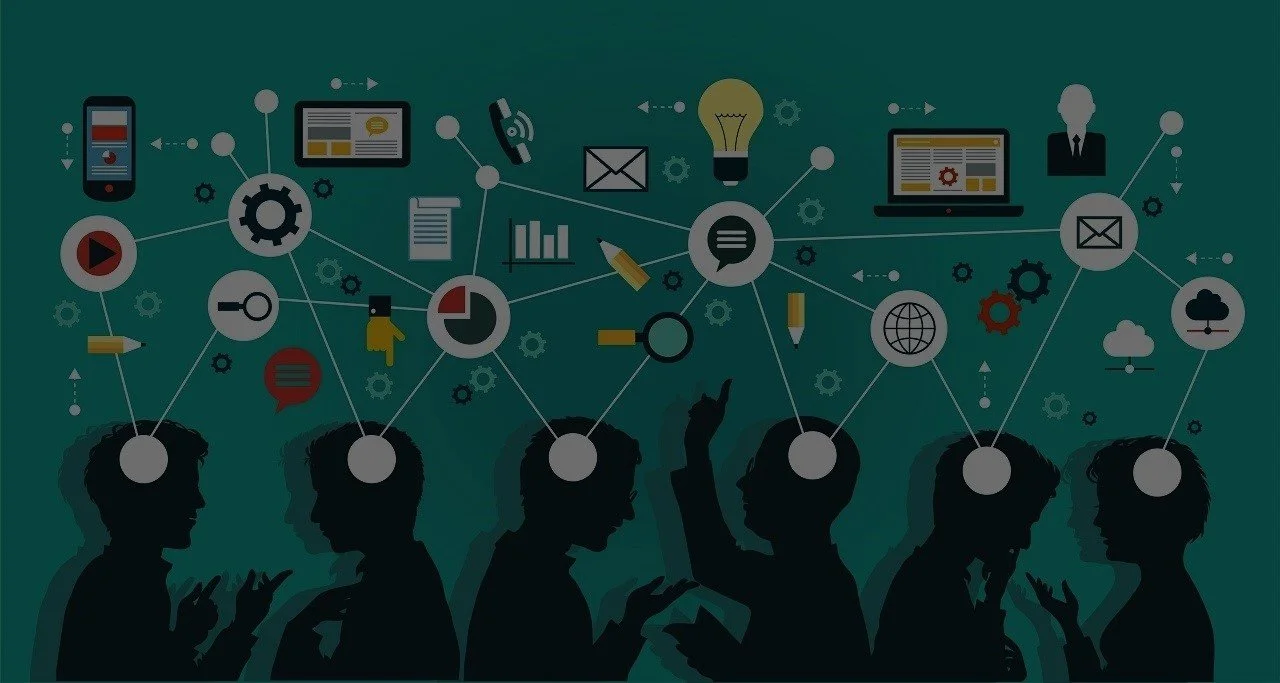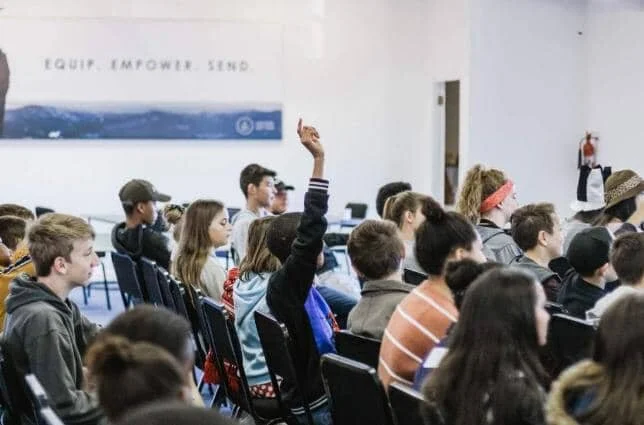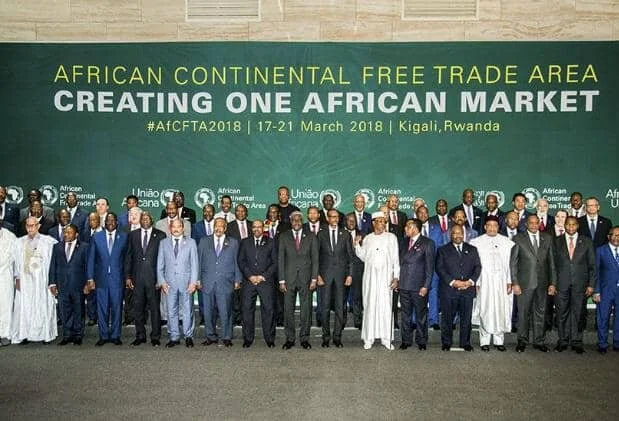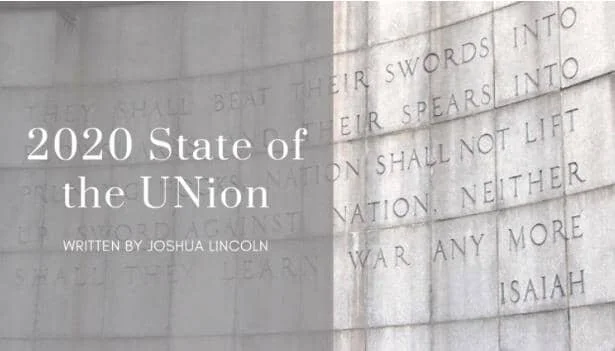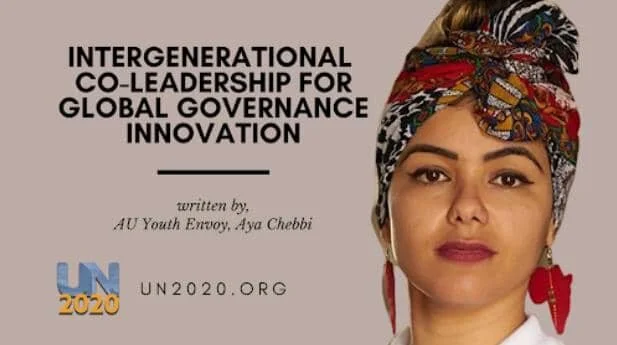A well-functioning independent media system is critical to sustainable social and economic development, and a bulwark of peaceful, economically prosperous societies. Greater citizen engagement, stronger accountability and lower corruption are all attributable to the presence of professional news media. A vibrant news sector is also fundamental as the first line of defence against democratic backsliding and autocratisation, whose first step is often to undermine media freedom and financial viability. Credible news media provide sunlight on critical social, economic and political issues to ensure a well-informed civil society and accountability of industry and private interests
Philanthropies Launch New Initiative to Ensure Artificial Intelligence Advances the Public Interest
A group of ten leading philanthropies announced a bold new initiative to ensure that AI advances the public interest in the areas of need identified by Vice President Kamala Harris. Participating foundations are committed to leveraging and aligning grantmaking toward progress on these urgent issues. These institutions are collectively contributing more than $200 million in funding toward public interest efforts to mitigate AI harms and promote responsible use and innovation. Going forward, they will coordinate new actions in this space and will convene in the new year with a cross-sector set of actors to take stock of progress.
Institutionalizing Social Participation for Health and Well-being | Why social participation for health and well-being?
In the context of significant global economic and health challenges, especially following the COVID-19 pandemic, strengthening and institutionalising social participation must be a priority to advance health and well-being. Social participation – defined as empowering people, communities, and civil society through inclusive participation in decision-making processes that affect health across the policy cycle and at all levels of the system is a crucial element of good governance for health. The policy cycle involves situational analysis, priority setting, planning, budget, implementation, monitoring, evaluation and review, which occur at community, district, regional and national levels.
The High-Level Global Conference On Youth-Inclusive Peace process | The Youth Café.
The High-Level Global Conference on Youth-Inclusive Peace Process was held virtually on 20-21 January 2022, co-hosted by Qatar, Finland, and Colombia, and co-organized with civil society and UN partners. It began with a Youth Pre-Event on 19 January 2022, leading up to the Global Conference on 20-21 January 2022. The high-level conference aimed to secure national commitments to advance the country-level operationalization of the Youth Peace Security agenda and strengthen political will and commitment to including youth in peace processes. Interactive and action-oriented discussions convened across five themes building on the Youth Peace Security agenda between Heads of State and other High-Level Government representatives, young peacebuilders, and representatives of intergovernmental organizations, CSOs, academia, and donors.
Excerpt Two From A Recent Interview With University College London | The Kenyan Social Enterprise Ecosystem Landscape
Earlier this year, The Youth Café was interviewed by Eliana Summer-Galai, a Masters student with the Institute of Global Prosperity at University College London (UCL). This interview was to provide insight into her research on the Kenyan Social Enterprise Ecosystem. This is the second post of the series on How we would describe the Kenyan Social Enterprise Ecosystem landscape.
Global Youth Forum 2020: Day 1
The 8th Global Youth Forum was held online via Zoom on 24-25 October 2020, assembling 36 participants from 18 different countries. The main subject Acting on the Earth Charter allowed a rich exchange between young people and experienced professors, creating solutions and sharing awareness about several risks we are facing as a community, like the climate crises or social disparities.
Africa’s Free Trade Area Opens For Business
The formal start of trading was given the official go-ahead at an extraordinary meeting in December 2020 where AU member states called on “women, youth, businesses, trade unions, civil society, cross border traders, the academia, the African Diaspora and other stakeholders to join them as governments in this historic endeavor of creating the “Africa We Want” in line with the Agenda 2063.
Gender-Based Violence: We Must Flatten The Curve Of This Shadow Pandemic
The 16 Days of Activism, which is powered by grassroots organizations globally, is an opportunity to leverage the renewed sense of urgency COVID-19 has created and propel concrete action against gender-based violence. In the lead up to the International Day commemoration, UN Women has appealed to Member States to make concrete, tangible commitments during the 16 Days of Activism.
The 2020 State Of The Union
The Dialogue draws inspiration from the climate change movement and brings more voices to the table. The Declaration is overly general but universally agreed (what else was universally agreed in 2020?). It packages the 17 SDGs and more into 12 priorities and draws on existing tools like the Paris Agreement and Agenda 2030 even as COVID-19 rages. It offers civil society a document around which to coalesce, to demand action from governments individually and collectively, just as eyes turn to the recommendations requested of Secretary-General Guterres by next fall.
Intergenerational Co-Leadership For Global Governance Innovation
At a time when the world’s fate hinges on effective global and regional cooperation, young people are showing remarkable support for global and regional systems rooted in solidarity, cooperation, justice, and human rights. From making viral the Chilean anti-rape anthem calling against gender violence and supporting the Black Lives Matter movement against racism to, most recently, leading a social movement (#EndSARS) against police brutality in Nigeria, youth mobilization is at an all-time high.


